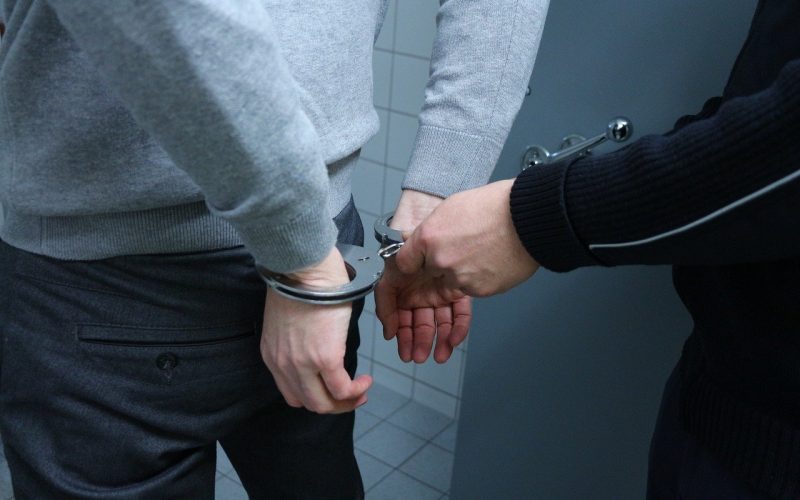Of course, you don’t want to be arrested at any time. However, if you are ever charged, it is essential to understand your rights and the different types of arrests.
However, a police officer must meet two conditions to arrest you: They must first assess that an offense has been committed and have reasonable grounds to believe you are the perpetrator.
Furthermore, If you’re arrested, the officer must either tell you that you’re being held or physically restrain you from making it obvious that you’re not free to leave.
You can question why you’ve been detained, and the police officer must respond. Make sure your lawyer has access to this material.
Understanding the different types of arrests will help you be more prepared for the charges and educated about your situation.
1. Warrant Arrest
A police officer must first file a request with a judge to begin a warrant arrest. The proposal details the officer’s suspicions that a person has committed a crime.
In official terms, the police provide ‘probable cause,’ which they believe is sufficient to make an arrest.
Additionally, when a court authorizes a warrant like this, it gives police the authority to enter and search a suspect’s home and arrest them.
2. Juvenile Arrest
The second type of Arrest we will be looking at is juvenile Arrest. If you are under 18, you may be placed in juvenile detention.
This form of Arrest can happen if you break the law before you reach maturity. Furthermore, there are various reasons why you may be arrested in this manner.
However, you must employ the correct attorney to help battle this scenario and reclaim your freedom.
However, it’s in your best interests to enlist the help of a lawyer who specializes in this field of law to guide you through this challenging period.
3. Misdemeanor Arrest
This form of Arrest occurs when a police officer does not have a warrant. This could happen for a variety of reasons.
However, it usually occurs when a police officer reasonably suspects you’ve committed an offense that warrants an arrest.
Additionally, they may have a reasonable suspicion that they’ve been involved in a crime based on definite facts or credible information, or when the police see illegal action, they have the authority to arrest someone without a warrant.
Misdemeanors are minor offenses that rarely result in lengthy prison sentences or heavy penalties.
4. Indictable Arrest
Another type of arrest is indictable arrest. Some offenses are more severe than others, and in Canada, these are referred to as indictable offenses.
Additionally, murder, manslaughter, and aggravated assault are all indictable crimes that can lead to your Arrest.
Other crimes include cocaine or drug trafficking, robbery, and extortion. These are known as felony charges in the United States.
If you’ve been charged with first-degree murder, you might face a maximum sentence of life in prison without the possibility of parole for 25 years.
Furthermore, finding the right criminal lawyer is critical when facing an indictable offense charge.
Your lawyer should be experienced in criminal law and prepared to help you fight these charges.
5. Private Arrest (citizen arrest)
Private arrest (citizen arrest) is also one of the different types of arrest. Only two conditions allow for the use of a private arrest warrant.
In the first case, any individual commits a non-bailable offense. A private person is authorized to arrest an arrestable offense in their view or presence.
Furthermore, the person who makes the arrest shall immediately hand over the criminal to the nearest police officer or a police station.
In addition, even if a private person is in such proximity that he is confident a crime has been committed, he has the right to make a personal arrest even though he did not witness the offense.
In the second scenario, the victim can apprehend someone who has committed a crime against the victim or their property.
However, the person being charged’s name or residence address must be unknown to make an arrest.
His residential address must be outside Singapore, or there are grounds to believe the name or address he has supplied is fake.








